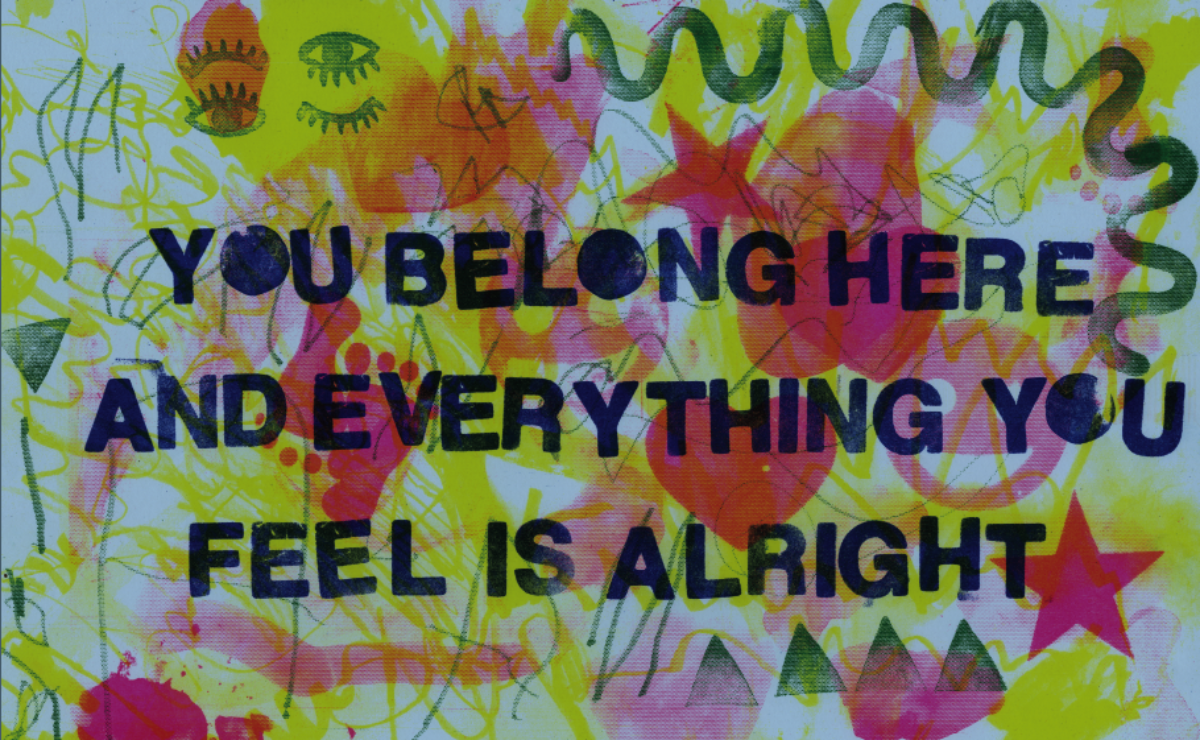DB Question: What is the system of patriarchy? How do we participate in this system? What does this approach help us to see that an individualistic model does not? Give specific examples.
Response: As Allen G Johnson describes in his essay Patriarchy, the System: An It, Not a He, A Them, or an Us; Patriarchy is more than any individual, their beliefs or actions. Patriarchy is a word used to describe a system, one that we all participate in, in one way or another. It is the default operating system at large in the world, and the path of least resistance in life is to blindly go with the flow of the forces of these all-encompassing systems, even if they hurt us, and especially if they don’t.
According to Johnson, “Patriarchal culture includes ideas about the nature of things, including men, women and humanity, with manhood and masculinity being closely associated with being human and womanhood and femininity relegated to the marginal position of “other”. This manifests in ways large and small, so small at times that it can be laughed off and disregarded as a joke, or just the way things are, or individual to the situation at hand instead of being part of a greater problem, but, as Johnson describes, “Patriarchal culture, for example, places a high value on control and maleness, by themselves, these are just abstractions. But when men and women actually talk and men interrupt women more than women interrupt men or men ignore topics introduced by women in favor of their own or in other ways control conversation, or men use their poser to sexually harass women in the workplace, then the reality of patriarchy as a kind of society and people’s sense of themselves as female and male within it actually happen in a concrete way”.
When a behavior is accepted as the norm over and over, you might begin to accept it, even when it hurts you. When you are told what you like and who you are is wrong, you start to believe it. When society gives you a role, and to reject it is to look into the face of uncertainty with no cushion to fall on, it’s much easier to accept the role you are told to play, especially if it’s a comfortable role that you fit into easily. Despite where your feelings fall on the spectrum of thoughts of the patriarchy, from total ignorance to anger and desire for radical change, you unfortunately have, and likely still will act as a player in the patriarchy game.
Johnson describes the ways in which humans respond to playing the game Monopoly as an example of how our own behaviors can be altered by the rules of the games we play and the roles we are given in them. When you are in the position of bankrupting someone in the game, Johnson describes his experience, “the game encourages me to feel good about this, not necessarily because I’m greedy and merciless but because the game is about winning, and this is what winning consists of in monopoly”. This is so much like the system we operate in currently. Landlords increase the rent on a property because of imagined values, eventually displacing tenants. The landlord had to, they owe the banks and utility companies. The bank is filled with people working in low-level positions who hold no real individual power to stop the powers that be. The displaced person becomes a fraction of a percent of the bank’s real estate holdings, cushioning the people at the top who claim enough detachment from the individual person because they are at that point part of a number reflected in a graph depicting their quarterly profit margins. They are obligated to keep the numbers climbing because they have a fiduciary responsibility to shareholders. The shareholders certainly don’t have any thought to consider the people displaced, after all, running the company isn’t their responsibility, they are just there to capitalize on their investment.
There is no personal accountability in this system, no opportunity to stop the buck. As Johnson describes, this leaves a nasty situation where the only people left to fight against those powers are those that have nothing to lose, so those with nothing, or those with everything. Those with nothing face every hurdle possible, with no privileges to help them access the spaces that would impart real change, no easy access to the tools that would help them navigate these nasty systems or the world in general. Those with everything are bound to have many blind spots even with the best intentions and will not know the lived experiences and the best ways to assist those that they are attempting to help. They can throw money at a problem, but it’s money wasted if it’s a few individuals against a monolith.
Because of this, and for other reasons that Johnson describes, it is unwise to assume the solution to dismantling patriarchal systems lies with individuals, but rather with examining these systems as a whole. We all participate in these systems whether we like it or not at the end of the day, and these systems change and evolve with us. Departing from them would take conscious thought and effort, a deviance from the norm, to swim against the current, and to push through a resistant path.
This would take a cultural climate of open-mindedness, we would have to dare to dream up new solutions to current problems, which would be exciting and painful all at once. Dreaming about what could be will shine a light on the reality that is, and that can be tough to look at, and the biggest problem, if individuals can’t change the system by themselves, what will it take?
